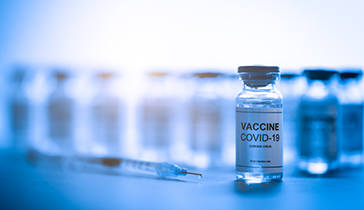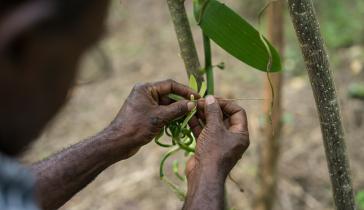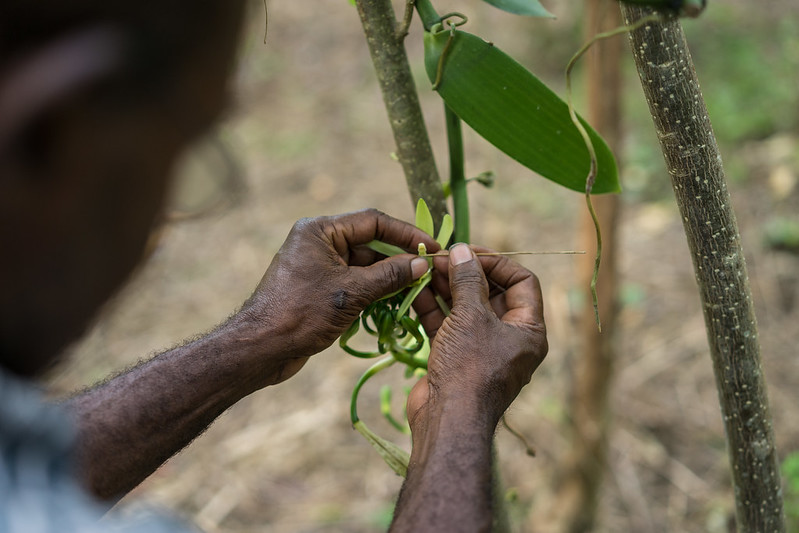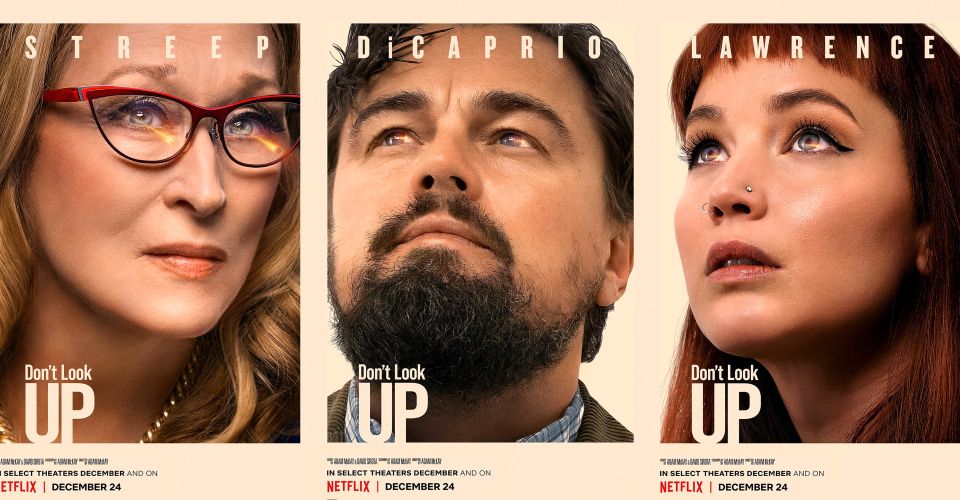One of the most important cities in the world, Washington, DC is officially opening its metaphorical doors on June 11. This time last year, news outlets were still unpacking it all while also trying to historicize the moment. It feels like the official end of the most traumatic year of many of our lives.
However, as restaurants and shops open up and the stickers warning us to stay away from each other are being peeled back, we cannot pretend this never happened. As a reminder, here are just a few major lessons we learned from the pandemic and what we should hold onto as we try to move forward.
We have to have sanitary alternatives for plastics.
“Domestically for us, plastic has remained pretty strong. Demand has probably increased,” Joshua Baca, vice president of the American Chemistry Council’s Plastics Division told Frontline PBS News. Which makes sense given the rise in personal protective equipment usage, increase in restaurant takeout, and many states dropping their plastic bag fees for some time during the pandemic. Since the American recycling system is largely broken, this means even more plastic waste is ending up in landfills and in the ocean. However, biotech companies like Anellotech, Danimer, and Virent are ramping up efforts to develop biobased alternatives to traditional plastic. On the other hand, Novozymes is working to mass produce an enzyme that can eat and digest old plastic. We all want to be safe, and biotech is helping us do that sustainably.
Black and Latinx communities are more susceptible to dangerous events because of historical disadvantages.
As we now know, Black and Latinx communities were both diagnosed with COVID-19 and dying from the disease at higher rates than white Americans. A huge part of this was because they tended to be essential workers. Another reason is because they were already susceptible to viral diseases because of their closer proximity to polluted living conditions. With biotechnology, we can help solve for poor air quality through sustainable fuels and carbon recycling. As well as address access to healthy foods with longer lasting fresh foods.
One Health needs to be prioritized because animal diseases are a constant threat.
Due to our constant engagement with animals, humans will always be susceptible to animal-borne diseases such as swine flu, dengue, yellow fever, or COVID-19. For this reason, we have to also pay close attention to animal health. Biotechnology can help us keep our food animals safer and help us lesson or eliminate the threat of illness-carrying mosquitoes.
This pandemic is the first in recent memory, but the next one is not too far behind it.
Like many of the preceeding zoonotic diseases, COVID-19 will not be fully eradicated, and it is likely not the last pandemic of our lifetimes. In a recent episode of the I am BIO podcast, CEO of Coalition for Epidemic Preparedness Innovation’s (CEPI) Richard Hatchett said, “I'm afraid there really isn't an end game. I think it is going to be an endemic disease globally for the foreseeable future. And I think we're going to have to learn to coexist with it.” Many biotech companies across pharmaceutical, agricultural, and industrial materials are preparing for the next pandemic with new tools, tests, and medications. For example, Twist Biosciences is developing a test that can identify new variants of COVID-19 in patients so that other scientists can stay on top of vaccine development for it.
It’s been a long 430 days, but the next pandemic may not have to last this long if we truly apply the lessons we’ve learned.





.jpg?itok=5epg0qxZ)

.jpg)











.png)


